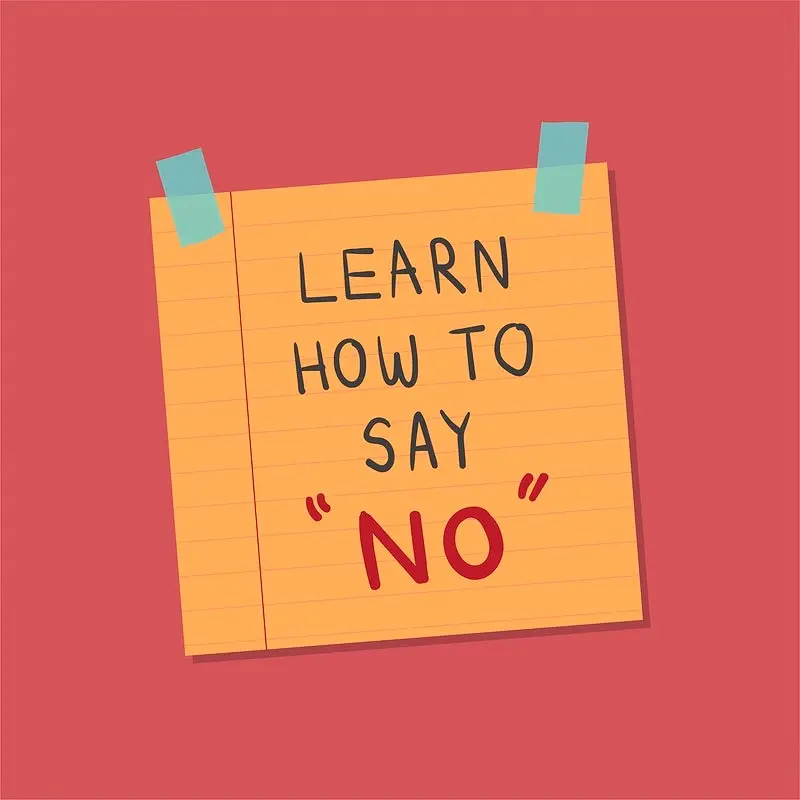
If you feel like you’re drinking too much, you might think cutting back is a good idea. Instead of binge drinking or drinking every day, just reducing your intake should be good, right? Maybe not.
Drinking regularly is a common aspect of modern society. Even drinking too much is sometimes viewed as normal. With the jokes about needing a drink to do this, or it being 5 o’clock somewhere it is easy to fall into an unhealthy routine. Alcoholism is a significant problem. A survey done from 2019 claims 25.8 percent of people over 18 reported engaging in binge drinking in the last month, and 6.3 percent said they have engaged in heavy alcohol use in the last month. The numbers don’t lie. Many people who feel the need to cut back may not have the capacity to drink in moderation because they have a deeper problem than they realize.
Cutting back on drinking may sound easy given the fact that you don’t need to be sober and can say yes to an occasional drink. However, if you have a problem stopping yourself at one or two, it will be more complicated than it sounds. As soon as you have one glass of wine, your level of self-control is skewed. Drinking in moderation requires a great deal of willpower. It might seem simple, but for a regular drinker, moderation may not be enough. Saying no sometimes and yes other times can lead you right back to drinking too much.
If this is something you’re considering, ask yourself some questions to determine if cutting back is possible for you:
Answering these questions can help you figure out if cutting back on alcohol is a good decision for you. Determining why you drink, why you drank too much, why you want to keep drinking, and if you have the capability of saying no will let you know how cutting back will go for you. If you rely on alcohol for courage, drink to fit in, or feel like you’d be missing out if you quit drinking, you may have a deeper problem you need to address.
If you have a drinking problem, cutting back probably won’t be enough for you. It also won’t be successful. If you are showing signs of alcoholism, quitting drinking is your best chance at health and . These symptoms can signal you to make that choice:
In the case you have a mental or physical health condition that is exacerbated by drinking, take medication that interacts with alcohol; these are also situations when quitting drinking is advised.
Making the decision to quit drinking is hard enough, actually following through is even more challenging. When cutting back isn’t enough, admitting you have a problem can be scary. Taking that first step to live a healthy and sober lifestyle will improve your quality of life. If you’ve been drinking continuously and then suddenly stop, your body can go into painful withdrawal, and it can even be life-threatening. Symptoms like nausea, rapid heart rate, and seizures are common. The best way to quit drinking is with the help of a healthcare professional. Doctors can prescribe medications to counteract this and make sure withdrawal is safer and more comfortable. Depending on your detox and treatment center, this can be done at home or as an inpatient with supervised care. This is only the first step of recovery, but this is the answer for you if cutting back on alcohol isn’t suitable.
Many people believe that cutting back on alcohol is the answer for them. If drinking is becoming a problem, drinking less should solve it. This can be true for some people, but many people don’t realize the power that alcohol has over them. Fighting that urge to drink only sometimes is often harder than quitting altogether. The likelihood of continuing to drink heavily when trying to cut back is much higher than quitting. If you’ve been attempting to drink in moderation without success, quitting may be the next step for you. In this case, experts recommend entering a rehab facility and seeking help from a medical professional as alcohol withdrawal can be dangerous without proper guidance. California Care Detox & Treatment isn’t just prepared to help you find your way into recovery, we’re here to help guide you all the way through. Call us now at (949) 281-0632 for help.